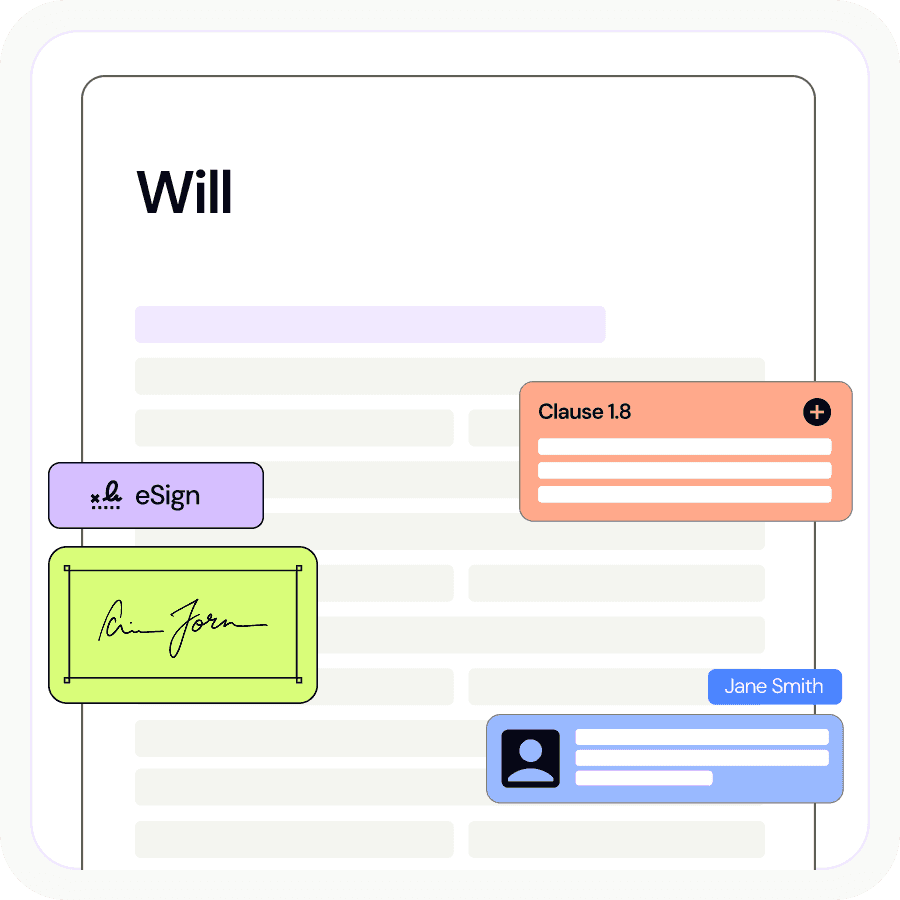Whilst you may have a clear vision in your mind as to who you want to leave your assets to, doing this in practice can be a more complicated task. Manifesting your ideas into a well-defined and effective will can be difficult. When writing a will, the words and phrases used can have specific legal meanings. Beyond meanings, these terms have consequences whether you are aware of them or not. Although these are terms you no longer hear in everyday conversation, the terminology in wills is the same as it was centuries ago. One such word with a specific legal meaning and consequence is an issue.
In this guide, we’ll detail what ‘issue’ means, who it applies to and how to use it correctly in your will.
What’s does ‘issue’ mean?
An ‘issue’ is a lineal descendant of a person, including but not limited to their children. There is a limit to how far the term extends, generally only applying to the direct bloodline. For example, children simply means the children of a will maker, but issue also includes grandchildren, great grandchildren and so on. Issue is a much broader term that applies to all descendants of a person.
Why is the term so contentious?
Using the term issue in a will can produce different outcomes than those intended by the author. Using the term issue may extend the scope of potential beneficiaries beyond using the term ‘children’. The broadness of the term increases the likelihood of a will being contested.
The outcome of a contest will depend on whether the author of the will intended to include the contesting party. If your family member’s will is being contested or you are considering contesting a will, we recommend getting the advice of a wills lawyer.
Example
Michael is making a will. Michael’s heard that wills which bequeath assets to children mean the same as leaving assets to issue, and that this is the correct term. He drafts his will and when he dies, an estranged grandchild contests it. Michael’s grandchild claims that because the will stated ‘issue’ they should receive an inheritance.
After many months, the Court holds that the grandchild can get their inheritance. This occurs although this was never Michael’s intention.
Conclusion
It’s important to check that any will you draft uses the correct terminology. Using the wrong terminology could mean that your assets go to the wrong person. Secure and accurate wills can be completed online and checked by a lawyer.
Want more information? Contact a LawPath consultant on 1800 529 728 to learn more about customising legal documents and obtaining a fixed-fee quote from Australia’s largest legal marketplace.






